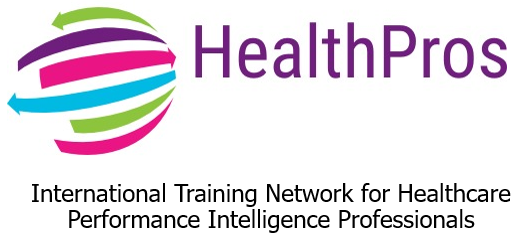ESR 4- Optimising the use of routine health databases for personalised risk profiling stimulating patient engagement
ESR 4- Mekha Mathews
Optimising the use of routine health databases for personalised risk profiling stimulating patient engagement
Short video on the findings during HealthPros
Host:
Prof Simon de Lusignan/Prof. Fabrizio Carinci
University of Surrey
Guildford, UK
Duration: 36 months
The studies will explore feasibility and expandability of a risk profiling model using data available from the existing national databases for improved person-centred care and direct patient activation. The results will help identifying the optimal data granularity required to exchange information and use the method in a valid and secure way internationally.
Background
Person-centred care implies making the right decisions using the best available evidence in the context of the individual subject. Modern health care is reshaping the role of the physician at the crossroads of a complex framework of rapid technological development and higher expectations of individuals, but multiple sources do not necessarily translate into effective decisions. Risk profiling can help both the physician and the patient agreeing informed directions and trigger the right processes for patient-centred care. The use of routine health databases, albeit promising, has been relatively limited in real world conditions.
This project will allow identifying new standards for risk profiling, using large scale clinical databases to take into account different populations within and across countries for potential everyday use.
Approach
A series of studies will investigate the potential of large routine health databases for different types of personalised risk profiling of patients to be used routinely for shared-decision making in a clinical setting. Risk profile algorithms will build on statistical models taking into account multiple characteristics collected from the existing databases, including clinical parameters (e.g. vascular complications of lower extremities in diabetes), behavioral factors (e.g. compliance to treatment and patient activation) and socioeconomic conditions. The PhD candidate will benefit from direct access to relevant databases managed by established networks e.g. the RCGP database, the nationwide Scottish database (SCI-FI), the Danish quality registries and diabetes-related data sources managed by centres of the EUBIROD network and OptiMedis.
